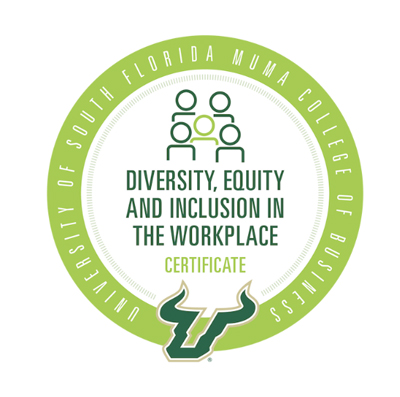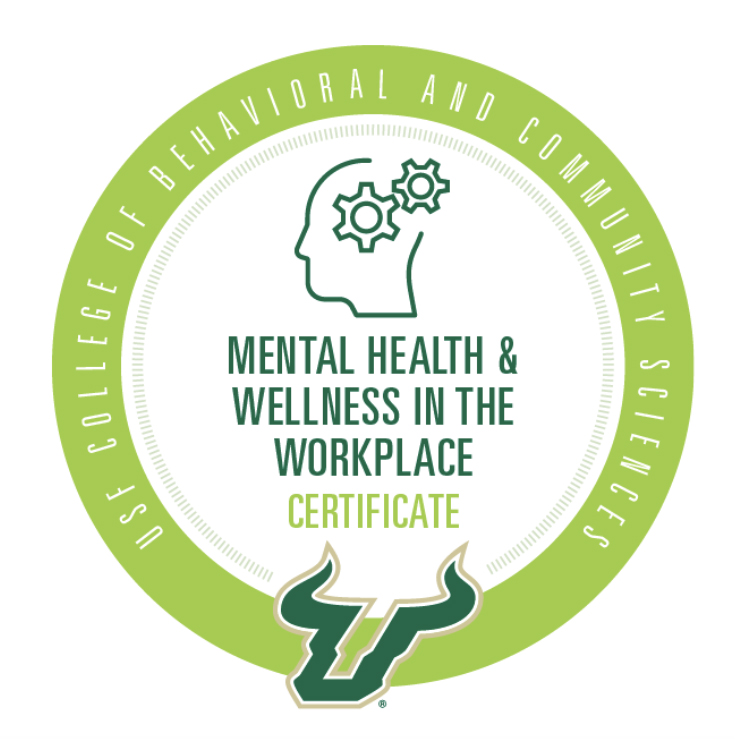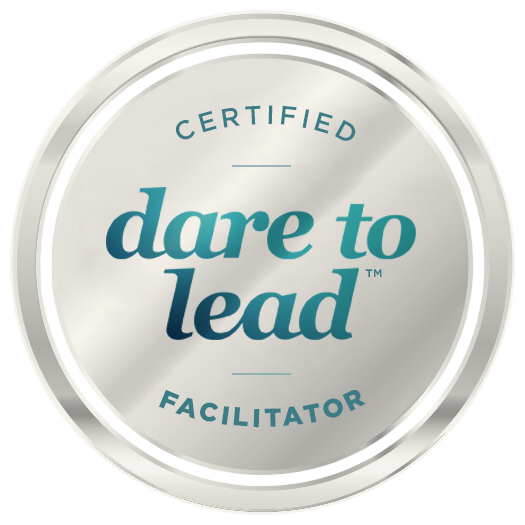Psychological Safety
Psychological Safety- Building a Culture of Engagement & Empowerment
Psychological safety refers to the feeling of being able to speak up, take risks, and make mistakes without fear of negative consequences. With Psychological Safety, teams thrive and are more innovative and engaged.
Based on the research of Dr. Timothy R. Clark, the 4 Stages of Psychological Safety offers a clear and actionable framework for understanding what psychological safety is and how to it enables the people on your team to show up as their full selves to do their best work.
The 4 stages are a set of universal, progressive steps in the process of creating a team or organization that allows people to be their authentic selves, learn and grow, create value for the team, and make their team and organization better³.
Through a keynote, half-day or full day workshop, or one-on-one coaching participants answer these key questions.
Inclusion Safety
How do I help others feel included and show up as their authentic selves?
Learner Safety
How do I help others feel safe to learn, make mistakes, and find their own solutions?
Contributor Safety
How do I help others feel safe enough to contribute, add value, and make a difference?
Challenger Safety
How do I help others feel safe to challenge our status quo, innovate and make things better³?
The Cost in the Absence of Psychological Safety
- 48% Intentionally decrease their work effort.
- 47% Intentionally decreased time spent at work.
- 38% Intentionally decreased the quality of their work.
- 80% Lost work time worrying about incident.
- 63% Lost time avoiding the offender.
- 66% Said that their performance declined.
- 78% Said that their commitment to the organization declined.
- 12% Said that they left their job because of the uncivil treatment.
- 25% Admitted to taking their frustration out on customers.
Psychological safety means it is not socially, politically, or economically expensive to be yourself.








